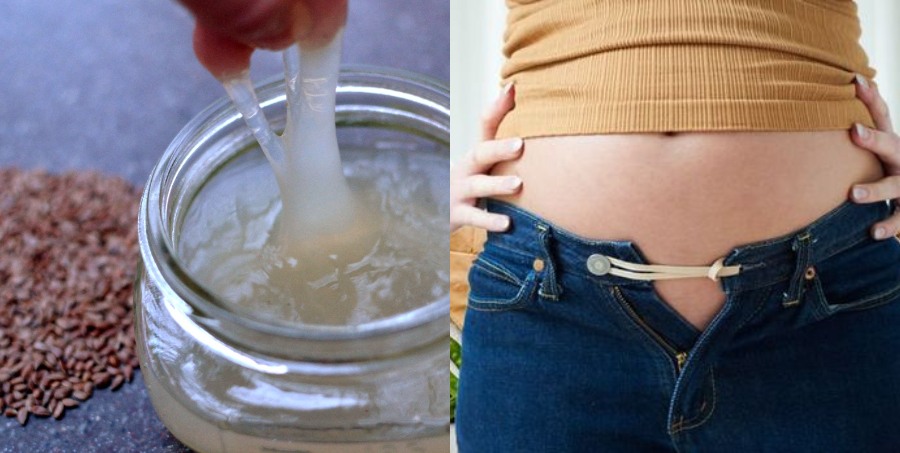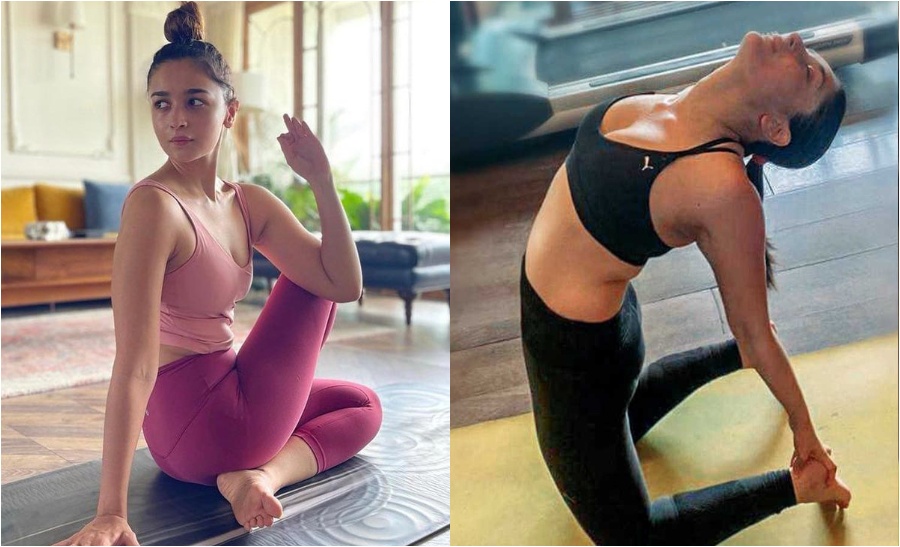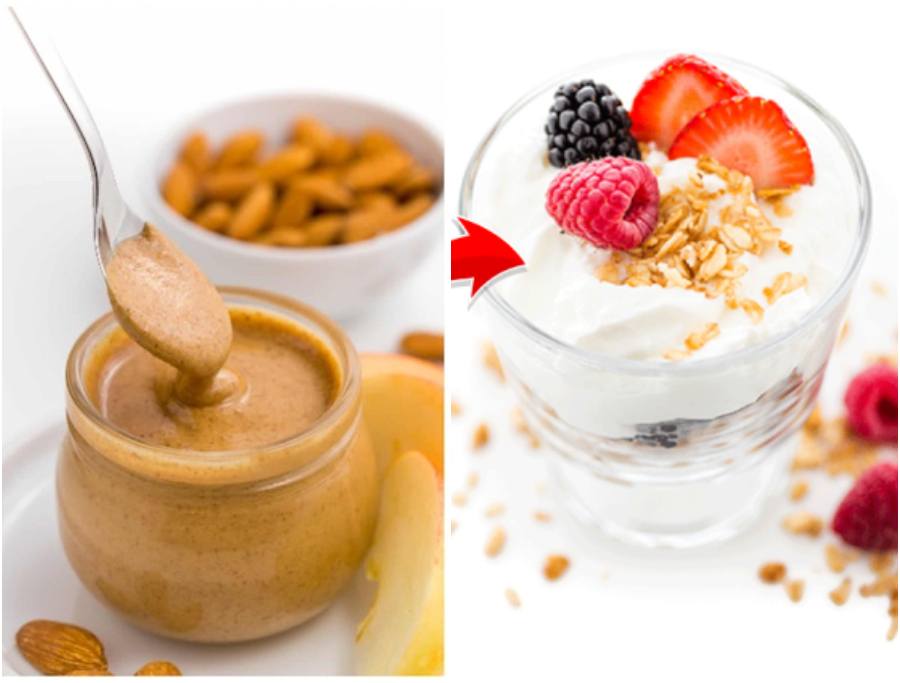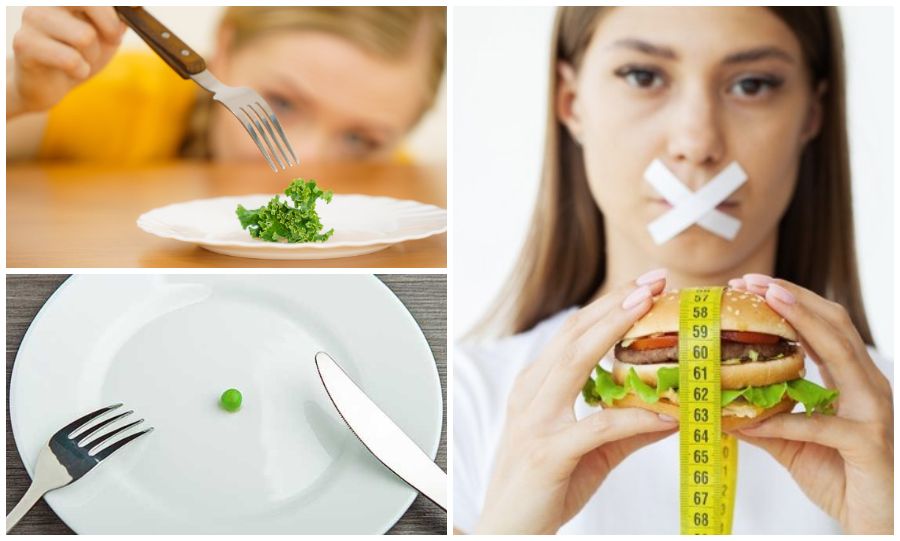Life has come to a standstill for people across the world and many countries have gone into a complete lockdown because of the corona virus outbreak. Though the situation requires people to exercise precautions and stay alert, it’s also one where a lot of people have realized the importance of a strong body and immune system that can ward off potential diseases. Vitamins and minerals are essential to run all bodily functions smoothly. It should be taken into consideration that only a healthy and balanced diet can supply your body with the right amount of vitamins and minerals (with the exception of vitamin D which our body synthesizes with the help of sunlight). A diet comprising of a good amount of fruits, vegetables, whole grains, protein, dairy products, would supply the right amount of nutrition and vitamins to the body. Vitamins are essential for maintaining good health, maintain optimum energy level, boost immune system, and keep all the bodily functions running smoothly.


What are Vitamins?
Organic substances and nutrients produced by plants and animals that are essential for survival. They support and are essential to run major functions in the body without which survival is not possible. There Vitamins with the exception of vitamin D are not synthesized in the body and therefore should be sourced from food directly. Vitamins can be broadly categorized into two categories – water soluble and fat soluble. There are 13 vitamins in total – 4 fat soluble vitamins (A, D, E, and K) and 9 Water Soluble vitamins (B1, B2, B3, B5, B6, B7, B9, B12, and C). Interestingly, vitamin B is a cluster of 8 vitamins. When there is a lack of adequate amount of vitamins, it can lead to deficiencies, disrupting normal bodily functions and making a person prone to diseases.
Health Benefits of Vitamins:
1. Vitamin A: Builds immune system, prevents premature ageing, helps to run bodily functions smoothly, makes bones stronger, promotes muscle growth, antioxidant properties.
2. Vitamin B1: Essential for good skin and hair, boosts immunity, forms red blood cells, improves memory.
3. Vitamin B2 (riboflavin): Promotes formation of red blood cells, helps regulate thyroid hormone, essential for good skin and hair, boosts mineral absorption in the body, strengthens immune and digestive system, essential for smooth running of organs and nervous system.
4. Vitamin B3 (Niacin) or vitamin PP: Improves cholesterol levels, lowers cardiovascular disease risk, maintains good skin health, helps maintain good joints and bones, good for brain health.
5. Vitamin B5 (pantothenic acid): Builds stamina, stimulates adrenal hormones, important for healthy skin and hair, helps liver to clear toxic substances, helps maintain healthy heart, strengthens immune system.
6. Vitamin B6 (pyridoxamine): Helps to heal wounds quickly, good for heart and kidney health, good for nervous system, boosts immunity and metabolism, maintains healthy levels of hormone in the body.
7. Vitamin B7 (Biotin): Maintains good hair and skin, stimulates metabolism, good for proper functioning of heart, essential for growth and maintenance of muscle and tissues.
8. Vitamin B9 (folic acid): Helps create red blood cells, repair DNA, and some forms of cancer. Prevents birth defects in babies. Improves level of hemoglobin, helps fight anxiety and depression, helps with growth and maintenance of muscles and tissues.
9. Vitamin B12: Needed to convert carbohydrates into glucose molecules, helps to produce energy, needed for healthy regulation of nervous system, fight depression and anxiety, maintains healthy digestive system. Essential for healthy skin, hair, and nails. Renewal of skin and hair cells. Helps protect against breast, colon, lung, and prostate cancer.
10. Vitamin C or ascorbic acid: Strengthens immunity, decreases hypertension, prevents cardiovascular diseases, essential for collagen production. Necessary for healthy skin.
11. Vitamin D: Needed for healthy bones, proper absorption of minerals, helps prevent cancers, fights depression, prevents osteoporosis.
12. Vitamin E: Needed for healthy skin and hair, fights free radicals, helps with healing of wounds, fights ageing, strengthens immune system.
13. Vitamin K: Protects heart, maintains good dental health, good for brain health.

Types of Vitamins:
1. Water soluble: Dissolve in water, cannot be stored in the body for later use, important to continuously get these vitamins for important functions in the body. Excess of water-soluble vitamins can cause problems and kidney dysfunction. Water soluble vitamins are B vitamins (B1, B2, B3, B5, B6, B7, B9, and B12) and also vitamin C.
2. Fat Soluble vitamins: Needed in small amounts for normal body function, growth, and maintenance of tissue. Fat-soluble vitamins can be stored in the body, not easily excreted, excess intake can cause toxicity. A, D, E, K.
Rich Sources of Water-Soluble Vitamins:
- B1: Green peas, sesame seeds, white beans, tomato, chia seeds, spinach, macadamia nuts, Brussel sprouts, quinoa, sunflower seeds.
- B2: Spinach, tomatoes, cabbage, eggs, broccoli, milk, yogurt, cheese, whole and enriched grains and cereals.
- B3: Meat, poultry, fish, almonds, tomato, spinach, avocados, carrots, pumpkin seeds, sweet potatoes, dates, whole grains, mushrooms, potatoes.
- B5: Sunflower seeds, avocado, tomatoes, broccoli, cauliflower, chicken, whole grains, corn, yogurt, eggs, mushrooms.
- B6: Meat, eggs, cauliflower, corn, yogurt, fish, poultry, legumes, tofu and other soy products, bananas.
- B7: Walnuts, banana, almonds, cauliflower, eggs, whole grains, soybeans, fish.
- B9: Spinach, lentils, chickpeas, celery, beets, sunflower seeds, fortified grains and cereals, asparagus, spinach, broccoli, legumes (black-eyed peas and chickpeas), orange juice.
- B12: Eggs, almonds, meat, poultry, fish, milk, cheese, fortified soymilk and cereals.
- Vitamin C: Citrus fruit, potatoes, broccoli, bell peppers, spinach, strawberries, tomatoes, Brussels sprouts.
Sources of Fat-Soluble Vitamins:
- Vitamin A: Carrots, papaya, squash, meat, eggs, cheese, sweet potato, mangoes, spinach, broccoli, fish, pepper, capsicum, avocado, melon, peaches, apricots, parsley, cod liver oil, parsley, milk, pumpkin, leafy green vegetables, pumpkin, cantaloupe. Beta-carotene which is a pre-cursor to vitamin A comes from green leafy vegetables, colored vegetables such as carrots and pumpkins, and vegetables.
- Vitamin D: Fortified milk and cereals, fatty fish, egg yolk, mushrooms, cod liver oil, ricotta cheese, orange juice.
- Vitamin E: Vegetable oil, leafy green vegetables, whole grains, nuts, olive oil, coconut oil, avocado, almonds, peanuts, spinach.
- Vitamin K: Cabbage, olive oil, pomegranate, almonds, eggs, milk, spinach, broccoli, kale.
Signs that you are Vitamin Deficient:
1. Poor vision.
2. Hair fall/hair loss.
3. Skin rashes, dry skin.
4. Muscle cramps.
5. Bleeding gums.
6. Brittle nails.
7. Ulcers in the mouth.
8. Dizziness.
9. Insomnia, irregular sleep pattern.
10. Numbness and tingling.
Deficiency of Vitamins will Lead to:
1. Vitamin A: Night blindness, vision changes, corneal dryness, kidney stones.
2. Vitamin B1: General muscle weakness, confusion, numbness/tingling.
3. Vitamin B2: Anemia, blurred vision, dermatitis, night blindness, weakness, migraine.
4. Vitamin B3: Pellagra (dermatitis, diarrhea, dementia), weakness, poor appetite.
5. Vitamin B5: Fatigue, depression, muscle cramps, urinary tract infections, insomnia.
6. Vitamin B6: Depression, dizziness, nausea, sores in the mouth.
7. Vitamin B7: Dermatitis, hair fall, depression, lethargy.
8. Vitamin B9: Macrocytic anemia, headache, shortness of breath, irritability.
9. Vitamin B12: Hypothyroidism, numbness, depression.
10. Vitamin C: Bleeding gums (scurvy), hair fall, anemia, fatigue.
11. Vitamin D: Bone loss, muscle cramps, fatigue, hypovitaminosis, obesity, fatigue.
12. Vitamin E: Anemia, hair loss, muscle weakness, leg cramps, dry skin, vision problems.
13. Vitamin K: Cardiovascular disease, blood clotting disorders, osteoporosis.
How To Take Vitamin C and Vitamin E For Your Skin
9 Skin and Hair Benefits of Vitamin C Serum





